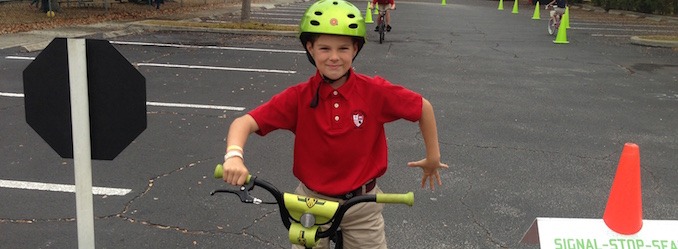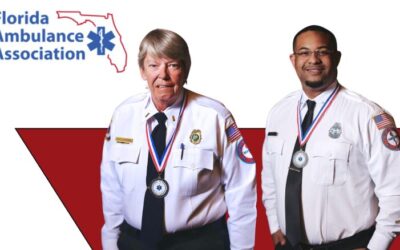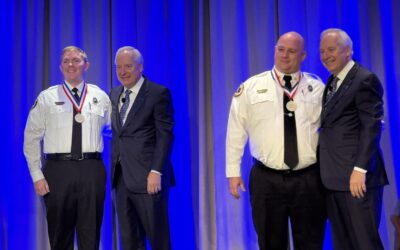Strap on your helmet – May is National Bike Month! The League of American Bicyclists created National Bike Month in 1956 to encourage people to give biking a try. It’s working: bike commuting has grown by 62 percent since 2000.
Riding a bike is not only fun, but it’s good for the environment and it addresses parents’ top health concern for children – physical activity. But bicycling can present hazards for all riders, from toddlers on a tricycle to an experienced cyclist using the roads. It is important for every rider to incorporate safety into every aspect of riding your bike.
Parents are kids’ role model for safety. Set a good example by following the rules of the road. Wear a helmet to show kids that it’s important.
Follow these four rules of the road to bike safely:
1. Always wear a helmet. A helmet can be the difference between life and death in a bicycle accident. But for the helmet to be effective, it needs to fit properly.
There are three easy ways to see if your helmet fits:
− The helmet should sit directly on your head, not tilted back at an angle, and land on your forehead. You shouldn’t be able to fit more than two fingers between your eyebrows and the helmet.
– The “V” formed by the chin strap should sit slightly in front of the bottom of your ears. Once the strap is buckled, no more than two flat fingers should fit between it and your chin.
– The helmet should have a snug fit. It shouldn’t shift out of place when you move your head up and down or left to right.
2. Adjust the bike to fit the rider. The rider should be able to sit on the bike with hands on the handlebars while the balls of feet touch the ground. Bikes need to be adjusted specifically for each rider.
3. Ride in the designated area. Adults riding their bikes are encouraged to use bike lanes or “sharrows” whenever possible. Sharrows are traffic lanes designated for vehicles and bikes to share; they are marked by a bicycle symbol below two bent lines. When using a sharrow, cyclists should follow vehicle traffic rules.
Use the sidewalks if bike lanes or sharrows are unavailable, or your child is still having trouble balancing on their bike. Only use designated crosswalks and yield to cars to cross the road while on the sidewalk.
Trails in state or local parks provide fun routes for family bike rides and are located safely away from traffic.
4. Use hand signals. Bikes don’t come with turn signals, so riders should use hand signals to notify drivers when they are turning.
Indicate a right turn by extending your left arm straight out so your fingers point to the left. Signal a right turn by pointing your fingers to the sky with the left elbow bent.
A fun way for kids to explore bike safety is a bike rodeo. Hosted by safety organizations, bike rodeos teach kids about bicycle safety through safety checks, obstacle courses and fun classes about how to follow traffic rules. Find upcoming bike rodeos by visiting Safe Routes to School’s Pinellas County website, AllKids.org/SRTS, or contacting community educator Tiffany Sabiel at (727) 767-4124 or Tiffany.Sabiel@jhmi.edu.
This column originally appeared in the May issue of GoodLiving Magazine. To view the original column, please click here.



